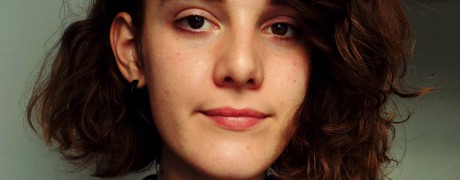Poppy Phelps is a visual artist, illustrator and street theatre maker from the Forest of Dean. Trained in Anthropology her artistic work experiments with visual ethnography, using visual and artistic processes to create engaging community research through illustrations, puppetry and performance. She makes carnival props, worked on The Psychedelic Kidnap Experience, initiated Utrecht clowning group, performed at the Horse and Bamboo Puppet Festival and is making a children’s story book about a singing goat.
Here’s why she was inspired to get involved with our Place Based Theatre Clubs…
‘I have been making illustration work over the past few years, but recently have wanted to branch out into visual theatre and especially in the field of community art, engaged theatre and immersive theatre experiences. After reading the work of Augusto Boal and Theatre of the Oppressed I realised the empowering and communicative potential of theatre for non-professional community members, and felt it was more accessible than the static, 2D imagery which I had been creating. To follow this interest I attended a puppetry artist residency at the Horse and Bamboo Theatre, as well as participating, as an actor and set maker in the Psychedelic Kidnap Experience, an immersive theatre ritual.
I feel the internship with the The Place Based Theatre Club perfectly fits in with my current interests and and I am passionate about supporting and being part of site-specific community focused theatre initiatives. Having studied Anthropology, community engagement and learning about specific communities, I am looking forward to apply this methodology and social study to a creative, inclusive art-based outlook.
Anthropological and ethnographic study usually comes in report form, in highly academic language, I think a much more fun and inclusive way to present community information would be a participatory place-based artistic format of which I hope theatre can play a part. I am hoping that by working with PECo theatre I can develop these thoughts and understand how to manage inclusive and participatory community theatre projects.’
